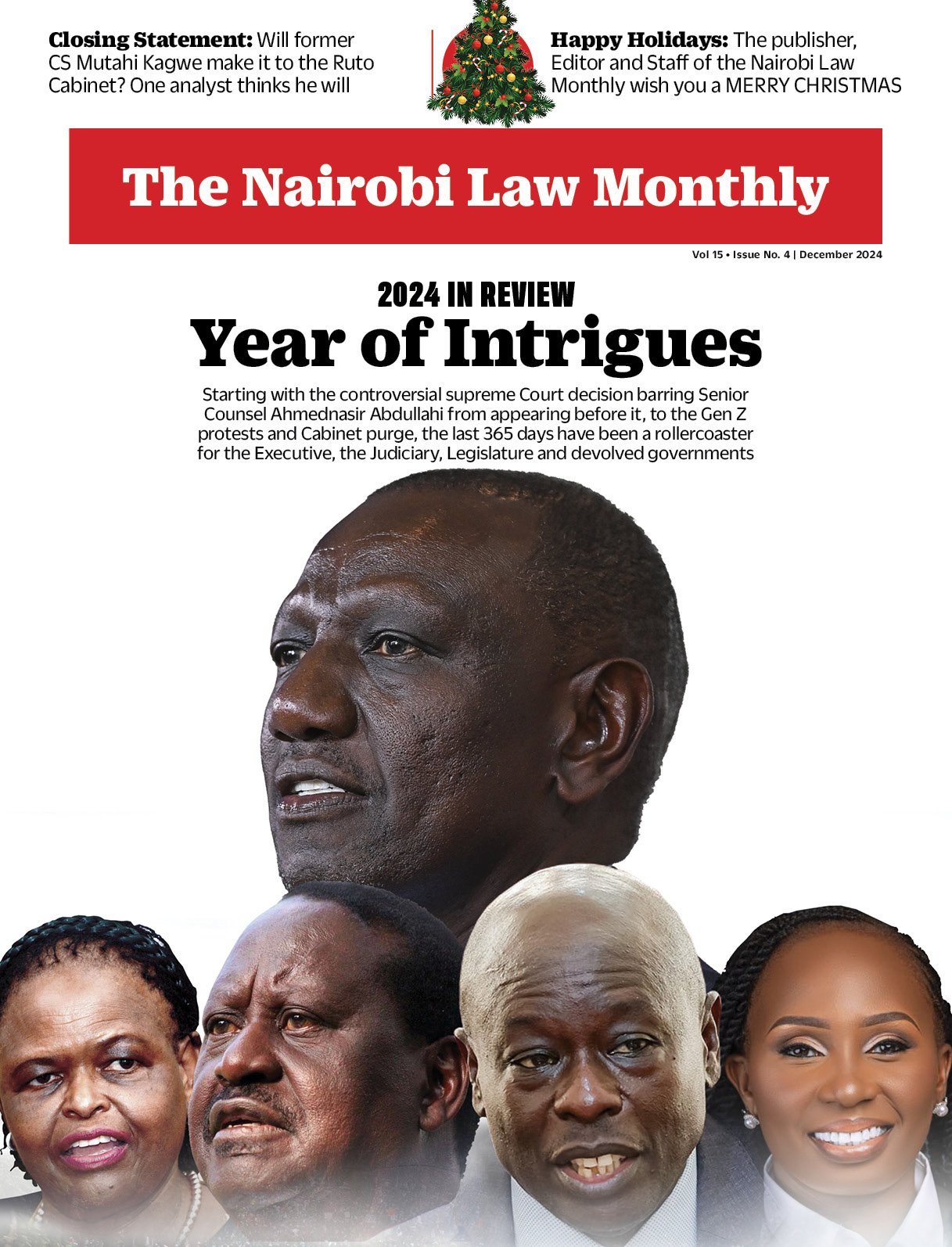County governments are set to receive about Sh391.1 billion as equitable share of revenue in the new financial year after members of Parliament last week approved the Budget Policy Statement (BPS) for the 2024/25 financial year.
The devolved units, according to the BPS, will also receive Sh48.2 billion as part of county additional allocation with another Sh7.9 billion approved for the Equalization Fund (EQ) kitty.
Additionally, the House also put the arrears to EQ at Sh3.5 billion. The approved funds follow months of heated debates between governors, National Treasury and the Commission on Revenue Allocation over the amount that the devolved units ought to receive in the new financial year.
Governors had in their proposals to both the National Treasury and CRA in February, called for an increase in the equitable share of revenue to about Sh450 billion to cushion counties against external and internal factors such as inflation.
Treasury, however, had proposed Sh391 billion to counties with CRA recommending Sh398.14 billion as part of the revenue to be disbursed to counties, proposals that were all rejected by governors, leading to a protracted battle between the three entities.
While debating the BPS document in the House last week, MPs capped allocation to counties at about Sh391.1 billion with the national government expected to receive Sh2.6 trillion.
The adoption comes after debate on the report, with chairperson of the Budget and Appropriations Committee, Ndindi Nyoro, informing the House of various financial and policy resolutions reached by the Committee, targeting key economic sectors.
- MPs begin occupying Bunge Tower after years of construction delay
- Governors accept Sh400bn allocated to counties by MPs
The committee also resolved that consistent with the approved borrowing strategy in the Medium-Term Debt Management Strategy (MTDMS), the projected fiscal deficit be set at Sh703.9 billion.
This is equivalent of 3.9% of the Gross Domestic Product (GDP) being the difference between total revenues and grants and total expenditure and net lending.
Nyoro told the House that the allocations had been informed by a broad economic policy to boost primary production as well as to reinvigorate secondary and tertiary production for better economic prospects.
The Kiharu MP also noted that the committee’s Report had taken keen interest in creating incentives to boost food production as well as made provision of necessary incentives targeting cash crop farming.
“In this BPS we have allocated significant resources for the purchase of seed inputs for both food and cash crops. Through this, we will be able to deal with food inflation as we seek to balance the demand and supply,” said Nyoro.
The BPS report was preceded by in-depth deliberations within the departmental committees in regard to allocations to the respective ministries, departments and agencies (MDAs) under their oversight purview, with the committee chairs subsequently appearing before the budget and appropriations committee to defend their MDA’s budgets.



